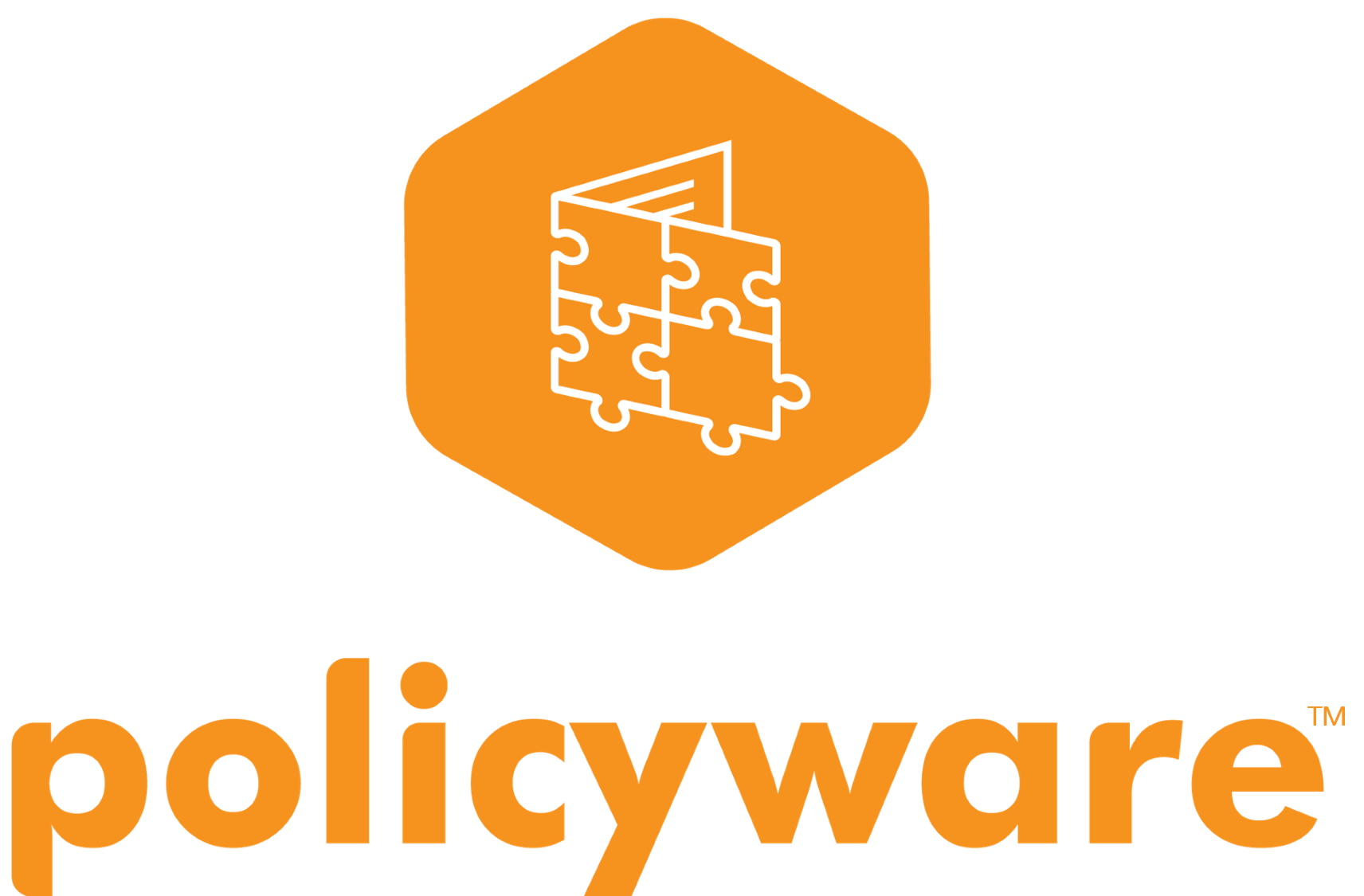Attorney's working on climate change and/or international trade law.
Officials working on climate change, clean energy policy and/or on international trade law and policy.
People responsible for climate change policy, their companies carbon emissions and addressing carbon emissions across global supply chains.
People developing and advocating for climate change solutions in areas such as climate negotiations, clean energy and international trade.
Guaranteed Security using one of the most advanced encrypted systems on the market.
The information in this page is being processed and encrypted securely using industry-leading encryption and fraud prevention tools.
Deep Dive
CPD Certification
$950
September 8-24, 2025
-
Two Live LEctures by Prof. Emily Lydgate
-
Access to all Videos
-
powerpoints and reading material
-
a CPD certified Policyware Certificate
On-Demand
CPD Certification
$65 per video
-
Access for 4 weeks
-
purchase all videos and earn a CPD certified Policyware certificate
-
powerpoints and reading material
CPD Stands for Continuing Professional Development and is a certification issued by the CPD Certification Services in the UK, a world-leading certifier of professional development courses. Upon completion, your Policyware certificate will also be CPD certified. CPD certification is recognized by many employers globally.
Many of the people who have taken our deep dives are reimbursed by their employers. Click on the button or go to the Reimburse Me tab for a letter you can use to seek reimbursement from your employer for this CPD certified deep dive.
Thank you! We will be in contact with you once this Deep Dive is open for enrollment.
